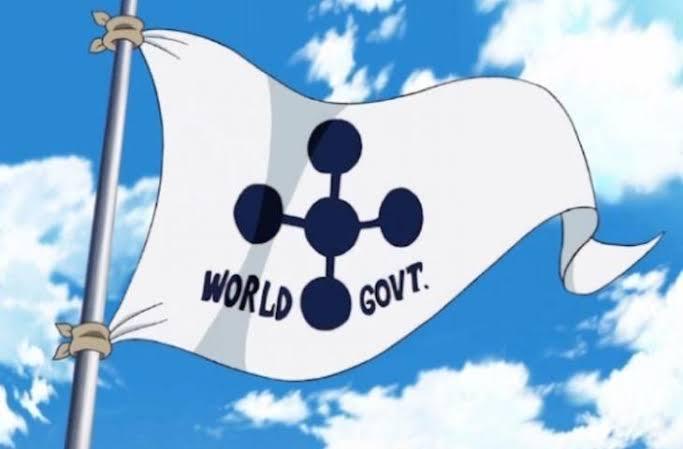Website designed with the B12 website builder. Create your own website today.
Start for free
In today's interconnected world, the question What country is the world power? sparks intense debates among scholars, policymakers, and citizens alike. The dynamics of global power have shifted significantly over the past century, reflecting changes in economics, politics, and military strength. As nations vie for influence and dominance on the international stage, understanding what defines a world power becomes crucial. This blog post will delve into the factors that determine a country's standing, explore the historical evolution of power, and highlight the current leaders in this global arena.
Power is not static; it transitions and evolves, often influenced by complex geopolitical developments and the rise and fall of economies. While countries like the United States and China dominate discussions about global hegemony, emerging nations are also reshaping alliances and rivalries. As we examine the continuous struggle for dominance and the underlying factors that define world power, we will gain valuable insights into how nations assert their influence and the implications for the future of global relations. Join us as we unravel the intricacies of world power and what it truly means in the modern landscape.
Understanding the concept of world power: What country leads the charge?
The term world power refers to a nation that has significant influence over global affairs, acting as a leader in political, economic, military, and cultural realms. Currently, the United States stands out as the most recognized world power, leveraging its economic prowess, military capabilities, and cultural influence to shape international policies and norms. However, this landscape is dynamic, as emerging nations like China and India steadily expand their influence, challenging traditional paradigms of power.
As geopolitical tensions fluctuate and economies evolve, the question of which country truly leads the charge becomes complex. The balance of power is not static; it shifts based on numerous factors, including a nation’s ability to adapt to changing global circumstances. Understanding these nuances is crucial for comprehending the competitive nature of international relations today. As we delve deeper, we will explore the key factors that contribute to determining the world power of a country, revealing the intricate web of influence that defines today’s dominant nations.
Key factors that determine the world power of a country
Several critical factors contribute to a country's status as a world power. Firstly, military strength plays a pivotal role; nations with advanced military capabilities often exert significant influence on global affairs. This includes not only the size and technological sophistication of their armed forces but also their strategic alliances and defense budgets. Economic might further cements a country's position, as a robust economy generates wealth, fosters innovation, and allows for substantial investments in infrastructure, education, and research. Countries like the United States and China exemplify how military and economic strength intertwine to enhance global influence.
Additionally, cultural influence and diplomatic engagement are essential in defining world power. A country's culture, often disseminated through media, arts, and education, can shape global perceptions and values. This cultural diplomacy aids in building soft power, allowing nations to appeal to others without coercion. Moreover, a strong presence in international organizations and active participation in global issues—such as climate change, human rights, and trade—elevate a country's standing on the world stage. By wielding a combination of military prowess, economic stability, cultural reach, and diplomatic engagement, countries can assert their dominance and navigate the complexities of global politics.
The evolution of world power: Transition, dominance, and the ongoing struggle between nations
Throughout history, the status of world power has shifted dramatically among nations, shaped by a complex interplay of political, economic, and military factors. For instance, the 20th century witnessed the rise and fall of empires, from the British Empire's zenith to the emergence of the United States and the Soviet Union during the Cold War. This transition illustrates how global dynamics can rapidly evolve due to factors such as technological advancements, economic growth, and strategic alliances. Each dominant country also faces unique challenges that can threaten its status, such as internal dissent, economic recessions, or geopolitical rivalries. As nations vie for influence, the landscape of world power continually reshapes itself, reflecting a constant struggle for dominance.
In contemporary times, emerging powers like China and India are increasingly asserting themselves on the global stage, creating a multipolar world where no single country holds undisputed supremacy. This ongoing evolution of world power is characterized by both cooperation and competition, as nations pursue their interests in various domains including trade, military, and cultural influence. The rise of digital technology and social media further complicates this struggle, enabling information to shape perceptions and alliances quickly. As countries navigate these changes, the fight for world power will likely remain a dynamic and multifaceted endeavor, with implications for global stability and cooperation.